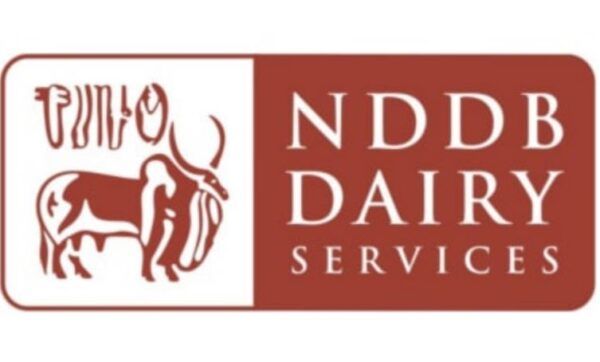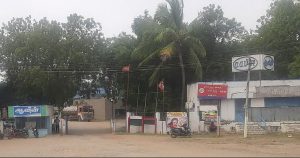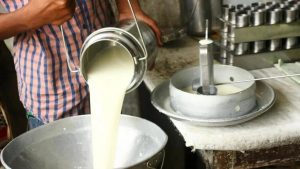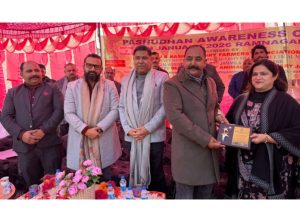
The Government of India (GoI) requested public opinion on the proposed NDDB Amendment Act in a document dated January 18, 2022. The proposed changes are aimed at weakening the cooperative approach of the dairy business, assigning private industry experts to the NDDB’s board of directors, and allowing the NDDB to invest in non-cooperatives.
The letter, sent to Dr. Varghese Kurien, former director of IRMA, was signed by veterans including retired MDs of Amul, Nandini, Milma, unions, and EA. It cautions that these amendments will pave the road for the privatisation of NDDB and, eventually, its subsidiary enterprises such as Mother Dairy.
The National Dairy Development Board was founded in 1965 with the purpose of reproducing “the successful Anand Pattern of Dairy Cooperatives across the country.” The Anand cooperative, also known as Amul, and NDDB concentrated on “the cooperative strategy,” which gave “farmer members control over not just the company but also the brand name, and helped eliminate the intermediary,” according to NDDB.
This strategy was crucial for the NDDB’s Operation Flood (OF) I, II, and III, which ran from 1970 to 1996 and “helped India grow its milk production from 20 MMT in 1970 to nearly 200 MMT now, leading to increased nutrition through increased milk per capita availability from 103 gm in 1970 to nearly 400 gm now.”
The letter cautions the government that the proposed revisions risk turning the Indian dairy industry into a private-sector model, similar to that of Australia and the United States, where only a small number of people profit from the company’s expansion.
By undermining the NDDB’s primary “cooperative approach” (Clause 4 of the Amendment) and allowing a private dairy industry “expert” to serve on the board of directors, the NDDB will be more accessible to private sector participation (Clause 2). It contradicts everything NDDB stands for, including its ideals and philosophy. It’s the equivalent of instructing a yoga master to perform Zumba. For private dairy start-ups, there is no shortage of investors. For dairy cooperatives, there is only one NDDB “According to the letter. “
The shareholding in NDDB subsidiaries such as Mother Dairy (Rs.10000 crores), IDMC (Rs.710 crores), Indian Immunologicals Limited (Rs.906 crores), and NDDB Dairy Services (Rs.5252 crores) is also at risk. These subsidiaries were constructed with government money and wealth earned in the name of farmers, and if they were privatised, they would be taken away from their rightful owners, the farmers.
While highlighting the dangers of the proposed revisions, the letter also tackles the issue of NDDB corruption and presents several reform proposals. It highlights, for example, the politicisation of cooperatives, which may be prevented by following the “One Person, One Vote” rule, which prevents elected MLAs/MPs/councillors from taking over the board. According to the letter, the MD of NDDB should not be an IAS but rather a professional from the cooperative dairy industry with the necessary vision and aptitude for the job.
In addition, the letter recommends that India’s milk industry be strengthened through Bulk Milk Chillers (BMCs), “where investment is currently required and there is also a big job potential.” Furthermore, block chain technology might be used to convert cooperative societies into decentralised autonomous organisations (DAOs), improving transaction transparency and raw milk traceability.















